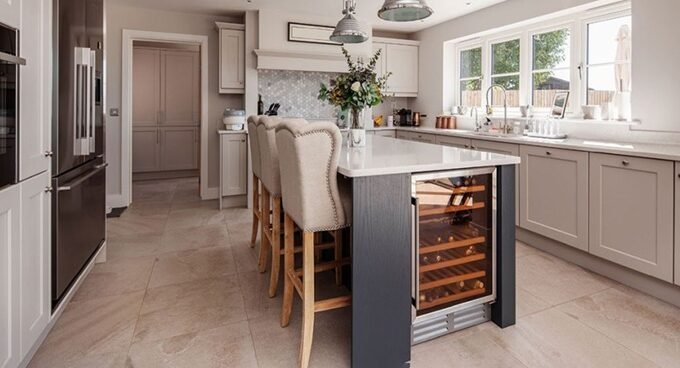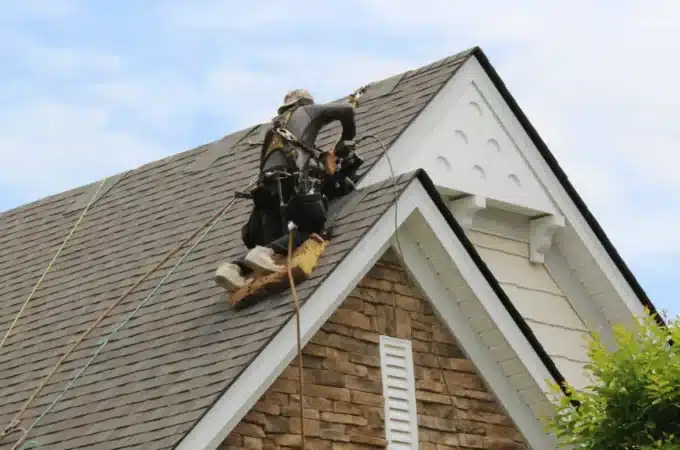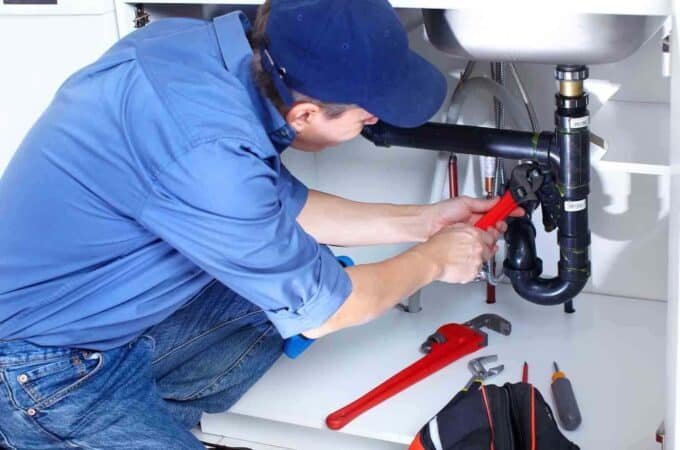
Creating a Healthy Indoor Environment: How Your HVAC System Can Help
Have you ever taken a moment to think about the air you breathe while relaxing at home? You know it’s easy to overlook, but the quality of this air is incredibly important. Why does it matter so much? Because it directly influences your lung health and overall well-being.
Given how much time we spend indoors, the air quality inside our homes and offices is important for our health. But here’s some great news- that we have the power to fight indoor air pollution, thanks to our HVAC systems. With proper maintenance, these systems can filter out harmful pollutants, regulate humidity, and bring in a steady flow of fresh air from the pollutants lurking outside.
So, in this blog post, we have gathered some information on how you can leverage your HVAC system to significantly enhance the air quality in your home.
Yes, that’s right! So without any further ado….
Let’s get started!
Table of Contents
ToggleHow does HVAC work?
An HVAC system, short for Heating, Ventilation, and Air Conditioning, is the comfort keeper of indoor spaces. It combines a heating unit for cold days, a cooling unit for hot days, and ducts to distribute air throughout a building. Nowadays, modern buildings, being tightly sealed, rely on this system to bring in and purify outdoor air, replacing stale indoor air with fresh, clean air.
This particular system ensures not just the right temperature but also clean air to breathe, making indoor environments pleasant year-round. It’s a smart solution to the challenges of keeping today’s well-insulated spaces comfortable and healthy.
How do you keep a check on your HVAC system?
Professional Maintenance
To keep your HVAC system running smoothly, scheduling maintenance should be a priority. It’s wise to schedule two tune-ups yearly: one in the spring for the air conditioning and another in the fall for the heating. These maintenance visits by professionals involve a comprehensive service to enhance efficiency and prevent issues.
You can also visit https://seattleairsuperior.com/ for more precise information. Such experts will thoroughly service areas like evaporator and condenser coils and the refrigerant charge and inspect the gas pressure burner combustion.
Moreover, the average lifespan of an HVAC system is between 15 and 25 years. When you notice that the old system isn’t as reliable as it used to be, don’t wait; plan ahead and replace your HVAC system on your own terms.
Remove Clutter Around the Indoor HVAC Unit
Clearing the space around your indoor HVAC unit not only boosts air quality and safety but also enhances system efficiency. Clutter near the unit creates more surfaces for dust to accumulate, which can then be pulled into the ventilation system. Additionally, it restricts airflow, reducing the system’s effectiveness. Hence, keeping this area tidy is essential for optimal operation and safety.
Maintain the Carbon Monoxide Detector
Keeping your carbon monoxide detector in top shape is crucial, especially if you have a heating system that uses natural gas or fuel oil. This device is a key safety measure that can alert you to potentially life-threatening situations like exhaust leaks or ventilation problems. If it’s not working as it should, or if it’s reached its lifespan, don’t hesitate to replace it. This simple routine can be a lifesaver.
Monitor Energy Bill
Keep an eye on your energy bills. If you spot a sudden jump or a steady climb in energy costs without changing how much you use your HVAC system, it might signal a problem. It’s a good idea to call your go-to heating and cooling service for a check-up. The issue could be anything from clogged filters and duct leaks to low refrigerant levels or worn-out parts. Catching and fixing these problems early can prevent more significant issues down the line and keep your energy bills in check.
Change the Batteries in Your Thermostat
Check if your thermostat runs on batteries, as some are directly connected to your home’s electrical system, while others rely on batteries for power.
It’s a good practice to replace the batteries in your thermostat at least once every year. This simple step can help you avoid any unexpected issues and ensure your thermostat keeps working smoothly.
By focusing on these critical areas, you are keeping your home at the perfect temperature and ensuring it’s a healthier place for you and your family.
Wrapping Up With
Investing money into a good HVAC system and caring for it improves the air inside your home. These systems do a lot, keeping fresh air coming in and controlling moisture to ensure you and your family have a healthy and comfy place to live. Remember, having clean air indoors isn’t just about comfort—it’s crucial for keeping everyone at home healthy and happy.






